Key Findings:
- Strong Support for ESAs and Tax Credits: 84% back ESAs, and 88% support tax-credit programs, with the majority strongly in favor.
- COVID-Era Homeschooling Boom: 87% of homeschool parents surveyed began homeschooling in 2021 or later. Over half (58%) are entirely new to homeschooling, having started within the last two school years.
- Diverse and Expanding Community: Homeschool families reflect the diversity of the broader U.S. population in terms of geography and race/ethnicity.
- Support for More Educational Options: 83% of homeschool parents say it is very important to give parents more options to improve their children’s education.
A national survey of 1,000 homeschooling parents highlights strong support for educational freedom programs, including education savings accounts (ESAs) and tax credits. The survey reflects a growing trend of homeschool families advocating for more control over their children’s education.
“Homeschool parents want what every parent wants—the freedom to access the best education for their child as possible. They recognize the value of educational freedom and programs that put parents in charge of their child’s education. This data shows they’re leading the charge for programs like ESAs that give families the flexibility they need.”
yes. every kid. foundation. Vice President of Strategy Matt Frendewey
Why This Matters:
As homeschooling expands, this community supports policies that enhance educational choice, including ESAs and tax credits. They also recognize the value of diverse learning environments, with nine in ten homeschool parents indicating homeschool and private school children should be able to attend public schools on a course-by-course basis. The vast majority (80%) believe this access would improve their state’s K-12 education system.
The poll was conducted from Aug. 29–Sept. 2, 2024. It surveyed 1,000 K-12 homeschool parents nationwide with a margin of error of ± 3.4%.
